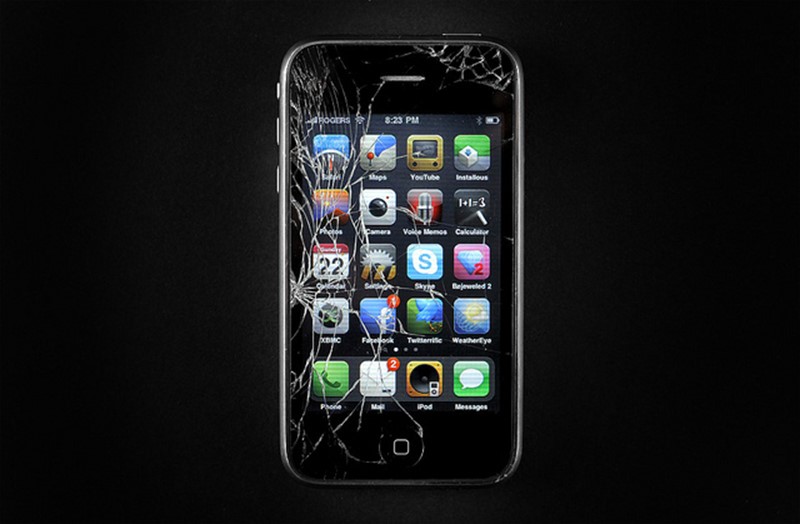The Future Of Remote Controls?
October 7, 2012 in Daily Bulletin

PredictGaze is software that might transform how you interact with electronic devices writes Hamish McKenzie:
- PredictGaze uses the standard camera built into your computer or smartphone to track your facial movements, including your eyes.
- Using this technology you can turn the page on an e-book just by looking at the bottom right corner of the page. Or you can have the device automatically scroll a long article for you as you read through it.
- Stores can use the software to track which products consumers are looking at, and what their facial expression is at that time.
- It’s ability to track facial movements could allow you to mute a show by pushing your lips into a “shush” gesture.
Read more about the people behind the software, the visa troubles they have, other applications for the technology, video demonstrations of the product, and the danger of spreading themselves to thin over here.
Source: PandoDaily
Via: Kottke









Join the Discussion! (No Signup Required)